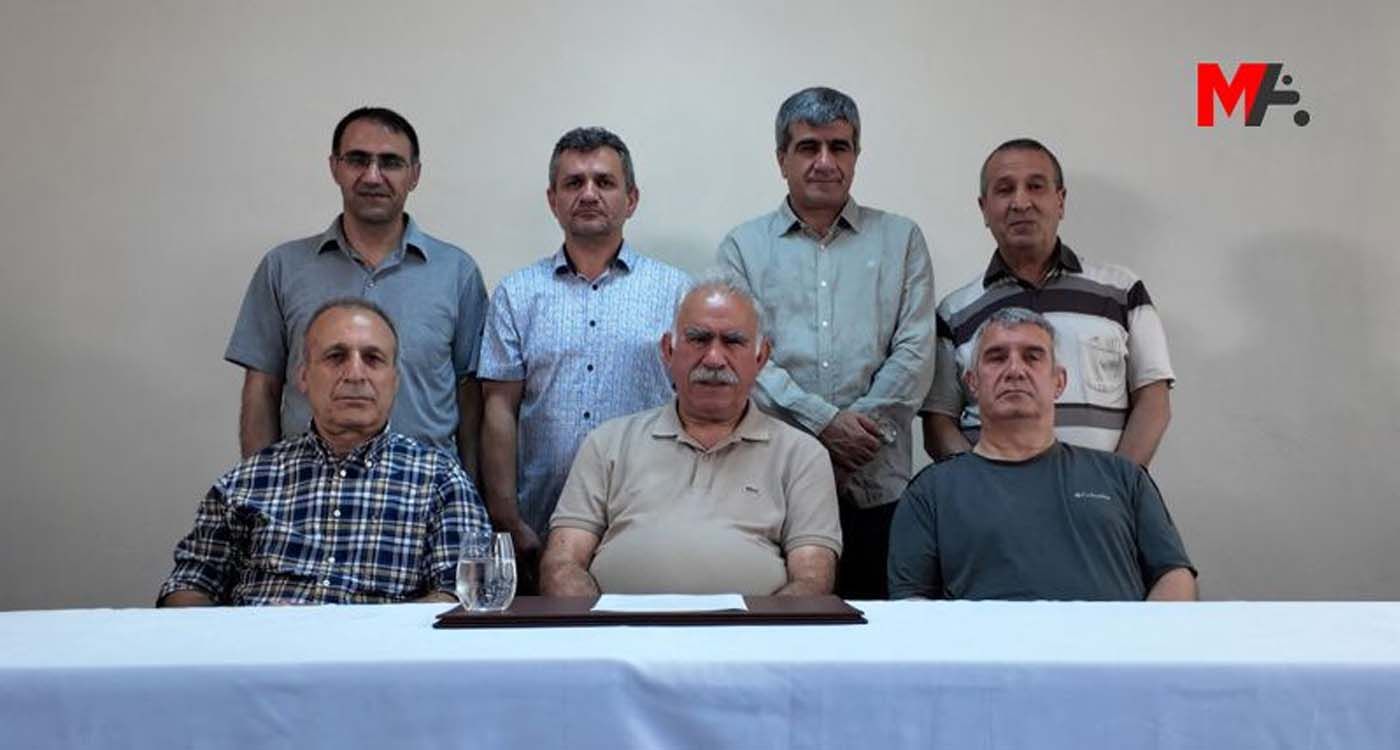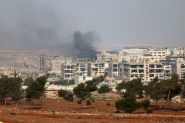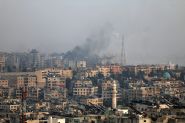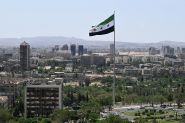- Home
- Middle East
- Turkey and the PKK: Turning Point or Political Mirage?

©Mezopotamya News agency / AFP
More than four decades after the start of an armed insurgency that has claimed over 45,000 lives, an announcement made on July 9, 2025, could mark a decisive turning point in Turkey’s modern history. Speaking from his isolated prison cell on the island of Imrali, Abdullah Öcalan, the historic leader and founder of the Kurdistan Workers’ Party (PKK), called for the “swift implementation” of his movement’s disarmament. The message, reported by the pro-Kurdish Firat News agency, raised hopes of a potential breakthrough: one that could ease longstanding tensions and even reshape regional and political balances. Yet, behind this gesture lie deep uncertainties and significant obstacles.
Partial Disarmament: A Symbolic Move, Not yet a Done Deal
Founded in 1978, the PKK began its armed insurgency against the Turkish state in 1984. Originally driven by demands for Kurdish independence, the group later shifted its aims toward securing political and cultural autonomy. Kurds represent a significant portion of Turkey’s population, often estimated at around 15% of the country’s 85 million people. However, the absence of official ethnic data makes that number both uncertain and politically delicate.
On July 9, 2025, Öcalan confirmed his movement’s intent to disarm “without delay.” This statement is part of a series of steps initiated since February, when he called for a “voluntary transition” from armed conflict to a democratic process. In May, some PKK officials even discussed the possibility of dissolving the group during an internal meeting. Yet, the announcement remains largely symbolic. The PKK is a fragmented and complex network, with fighters scattered across mountainous regions, especially in Turkish and Iraqi Kurdistan. While clashes have diminished, they have not stopped entirely, and targeted military operations continue intermittently.
The PKK has set two major conditions for its disarmament: the release—or at least a significant improvement in the detention conditions—of Abdullah Öcalan, its undisputed political symbol, and strong legal and political guarantees for the Kurdish population.
A weapons handover ceremony has been announced for the Sulaymaniyah region in Iraqi Kurdistan, under the supervision of local authorities. However, this initiative has yet to be confirmed or implemented, highlighting the challenges in turning declarations into concrete action. Moreover, the capacity of the Iraqi Kurdish authorities to exert control over all armed groups remains limited.
In Turkey, the reaction has been a mix of caution and skepticism. President Recep Tayyip Erdoğan acknowledged the political significance of the announcement but warned that military operations would continue as long as “promises are not kept.”
The prospect of holding an official congress bringing together all PKK leaders and fighters—a necessary step toward formal dissolution—remains uncertain, particularly given the unstable security conditions.
Fragile Peace: Navigating the Hurdles of Domestic Reconciliation
The true challenge goes beyond halting hostilities. It lies in transforming a military gesture into substantive political reform. In his message, Öcalan called for the creation of an independent parliamentary commission to oversee the peace process. This body would guide negotiations, protect Kurdish cultural and political rights and secure their meaningful inclusion within Turkey’s political framework.
Since the establishment of the Turkish Republic in 1923, the state has upheld a unitary national model that excludes ethnic distinctiveness. The Kurdish language, long marginalized, remains absent from official school curricula, with only limited steps taken recently to introduce its teaching. At the same time, pro-Kurdish parties, particularly the Peoples’ Democratic Party (HDP), face consistent judicial pressure: numerous elected representatives have been jailed, and several Kurdish-led municipalities have been placed under government trusteeship. The Turkish authorities accuse these groups of links to the PKK, a contested allegation that nonetheless carries serious legal repercussions.
Turkish society remains deeply fractured. Since the failed coup attempt in 2016, a hardening security environment has sharpened divisions. While some support a peace process, others—firm defenders of a tough approach—see any concession as a threat to national unity.
For disarmament to be more than a temporary gesture, several key conditions must be met: official recognition of Kurdish culture, meaningful political inclusion of Kurdish representatives and strong guarantees of fundamental freedoms of expression, association and political participation. Failing to address these issues risks reducing disarmament to little more than a tactical maneuver.
Between Caution and Regional Stakes
This decision reaches well beyond Turkey’s borders. Across the region, other armed Kurdish groups, historically connected to the PKK, operate independently and are watching developments with caution.
In Syria, the People’s Protection Units (YPG) and Women’s Protection Units (YPJ), key forces within the Syrian Democratic Forces (SDF), swiftly rejected any involvement in the disarmament process. Their commander, Mazloum Abdi, stressed that their future hinges on negotiations with Damascus, not on decisions made by Öcalan from his prison on Imrali Island.
In Iraq, the Sinjar Resistance Units (YBS), formed to protect the Yazidi community from ISIS, have not taken an official stance. Their historical ties to the PKK do not necessarily translate into political or military alignment. Meanwhile, the Kurdistan Free Life Party (PJAK), the PKK’s Iranian branch, welcomed the call but declined to commit to a ceasefire.
For Ankara, lasting peace along its southeastern border is a key strategic priority. Such a development could help ease internal tensions, improve relations with its Western allies—particularly the United States, whose support for Syrian Kurdish forces has often strained ties—and strengthen Turkey’s position against regional powers.
Ultimately, the call for disarmament on July 9, 2025, stands as the most serious effort since the collapse of peace talks between the PKK and Ankara in 2013–2015. If it comes to fruition, it could close one of the bloodiest chapters in modern Turkish history. Yet, for this to succeed, Ankara must move beyond symbolic gestures by translating peace promises into concrete political and legal actions, recognizing the country’s cultural diversity and granting Kurds a meaningful political role.
Read more



Comments